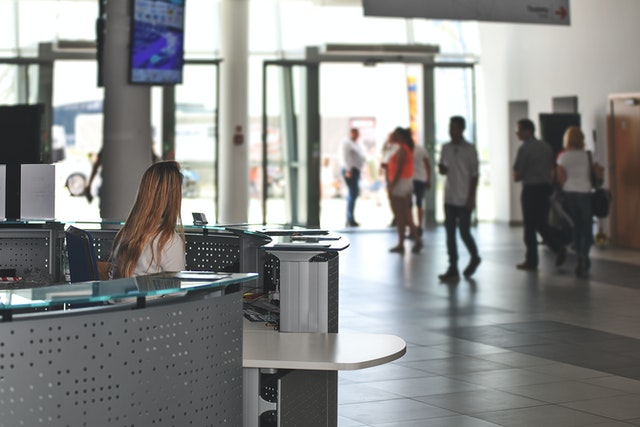The phrase “The Future of Work” has become a catchphrase for the future of work. Previously, this phrase was used to describe the automation of jobs and tasks. But the recent pandemic, COVID-19, brought this reality to light. While automation presents great opportunities and threats for the workforce, it will also affect individual workers’ needs. Here are some predictions for the future of work. You can start thinking about your own career as a “worker of the future” by reading this article.
Humans are living longer. The duration of careers will change as well. Rather than working for a long time in one place, workers will seek out flexible work schedules and a diverse portfolio of skills. Many of today’s high-skilled jobs will soon be automated or at least partially automated. The COVID-19 epidemic has also forced many organizations to think about their workforce strategies. One such company is Gloat, which helps companies implement talent marketplaces.
Mobile devices are already becoming indispensable tools. Instead of merely being cell phones, smartphones are now sophisticated portals for complex software and data management tools. In fact, 87% of companies rely on their employees having access to mobile apps. AI-powered portable devices will connect to advanced digital systems, freeing employees from their cubicle and repetitive tasks. They will enable companies to better serve their employees and make them happier. So, while technology is improving, human intelligence will always be the basis for work.
Today, employers are facing the “great resignation” and “great reconsideration” wave. According to the study, 4.4 million people quit their jobs in the U.S. in September 2021. In the same period, there will be 3.6 million more unfilled jobs than people looking for work. These statistics point to the growing importance of the ability of individuals to shape the future of work. If these trends continue, we should see a revolution in organizational practices.
While some employers are concerned about automation and the digital economy, the reality is that the digital world is changing the nature of work. Some organizations are losing jobs and others are embracing digital transformation, which requires new types of managers and HR people. But this doesn’t mean that employees are suffering, as these innovations can benefit both employers and employees. The future of work is here, and companies need to prepare for it. If they don’t, the impact on the workforce and the workplace will be disastrous.
With the rise of gig economy, employers need to make sure their workers are protected. Many gig workers lack health insurance. The state of California is battling to make gig workers employees, which would guarantee the same protections as traditional employees. Such a move would ensure that gig workers receive minimum wage, overtime pay, and other benefits as their counterparts. But it also means that higher-paid gig workers would not be entitled to health care benefits or paid sick leave.
